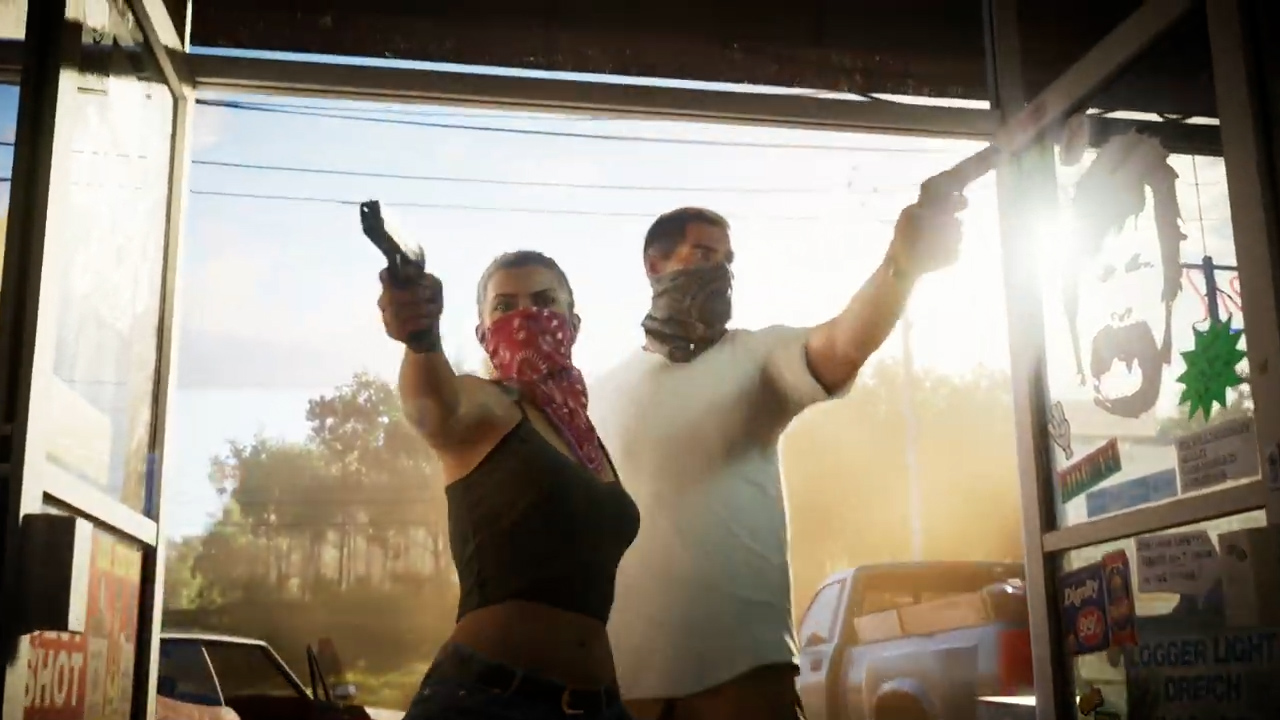A new report shows that over three-quarters of mobile games fail within three years, and almost half never make it through development.
Good Games Don’t Die, a white paper published by SuperScale at the end of October, looked at responses from 504 mobile game developers across the UK and US, and its findings could be a source of concern for one of Scotland’s booming industries.
While Scotland might be a relatively small country on a map, the same is certainly not true when it comes to the world of games.
Titles like Grand Theft Auto, Lemmings, or RollerCoaster Tycoon might be the best known, but they are far from the only games made here.
Many games that we play on our phones are developed by Scottish studios—Angry Birds Action!, Gordon Ramsay’s Chef Blast, and Prison Architect: Mobile are just a few.
In 2023, the video games market is projected to reach a revenue of $249.6bn, with the industry in Scotland alone contributing around £312m to the UK’s GDP.
Mobile games make up roughly half of global revenue, but the report’s findings revealed some alarming numbers: 83% of launched mobile games die within three years, and 43% of games are killed in development before they launch.
“The rate of games failing has increased because it’s harder to succeed,” explains Paraag Amin, COO at SuperScale.
“The model was always to just keep launching as many games as possible and hope one of them would be successful.
“If you had 20 launches and one became the next Candy Crush, it paid for the others.
 Rockstars Games
Rockstars Games“But now, not one in 20 is successful; it’s one in 100.”
The reason behind that is multi-layered.
Like other industries around the world, mobile gaming struggles with a slowdown in consumer spending as a result of wars, high inflation, and high interest rates.
What’s more, it also must cope with a saturated western market.
“The current macroeconomic situation hits mobile gaming harder because it’s never seen a downturn,” says Paraag.
“This is the first time a lot of these gaming businesses have seen any kind of slowdown or even decline in some cases.”
Scotland is home to roughly 145 game development companies, with around 30 of them making mobile games.
But with the competition to attract players heating up, Paraag is not convinced such an amount will be able to thrive going forward.
“That’s a lot of studios. So, what unfortunately needs to happen is, like with any industry, consolidation, where only the best will survive.
“People have to stop trying to keep making lots of new games and actually work out how to improve their existing portfolio.
“If they don’t have anything, then it’s a case of trying and finding something new and different.
“That is really the only thing they can do to make sure they survive.
“It doesn’t mean the size of the industry will shrink in terms of revenue. The revenue might grow, but just slower than it has done and spread across a smaller number of players.
“The good developers and the good game artists will gravitate towards those players who are successful or become bigger through mergers.”
But not all see the situation as grim.
“It seems very bleak, but only if you’re unwilling to recognise the challenges in front of you and change your approach to take advantage of them, because there’s an enormous global market out there,” explains Brian Baglow, director at Scottish Games Network.

“It is changing, and because of its success, it’s becoming increasingly competitive, and getting your game finished and up in the App Store is no longer enough because there’s another million plus games out there for people to play.”
But it’s not just the sheer number of games mobile developers have to cope with. The ways of making money in the sector have changed drastically in recent years, and they continue to evolve.
“The challenges facing developers are now very different – it’s about user acquisition, monetisation, your cost per install, and your lifetime value,” says Brian.
“One of the biggest revenue drivers in the mobile game space was downloadable content and purchases. That’s no longer the case.
“It’s now in-game advertising. We’re now in a world of hybrid monetization—in-app purchases, DLC, advertising, subscription models, etc.—and it’s going to continue to change,” he adds.
Nonetheless, change does not always come easy or without sacrifice.
2023 has seen around 9,000 people laid off across the game industry, with, for example, mobile giant Niantic, maker of Pokemon Go, laying off 230 employees and cancelling multiple games.
Scotland is not immune to such pressures, but Brian does not think that the mobile games market here will be severely impacted.
“People have to adapt, and we’re already seeing a whole range of studios out there that are doing just that,’ he says.
“It’s true that the global market has consolidated. We’ve seen an awful lot of layoffs across the course of 2023 because companies are discovering that 100% of what they’re doing is no longer original content creation.
“What they’re now doing is producing content for existing games, so you don’t need the same spread of people.
“But I don’t believe that we’re going to see a reduction in the number of studios in Scotland.
“We may lose three or four here and there, but we’ll get an equal number either coming out of the university and college systems or from people who have been laid off starting up their own studio,” he said.
So while the future of Scottish mobile games might not be without its challenges, Brian believes that those who can adapt and embrace the change will have the opportunity to thrive.
“You’ve got more tools at your disposal than you’ve ever had in order to get your games out there in front of people and make money from them.
“But you have to realise that just making something good is no longer enough. And if you are serious about making this your livelihood, you’ve got to choose to do it,” said Brian.
“We’ve got a lot of game developers in Scotland who are sticking with PC, Mac, and consoles and launching their games as premium content, i.e., you pay up front before you get to play it, because getting into the whole free-to-play casual market is challenging.
“But it’s a choice that the developer can make.”
Follow STV News on WhatsApp
Scan the QR code on your mobile device for all the latest news from around the country



























